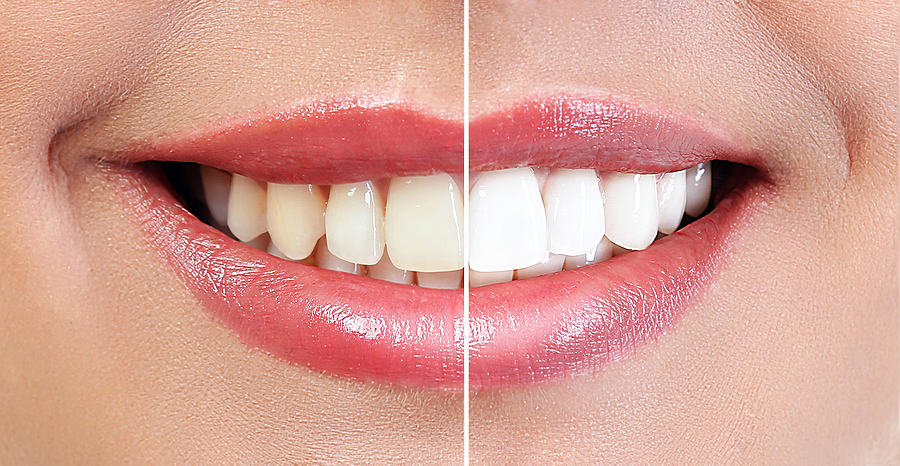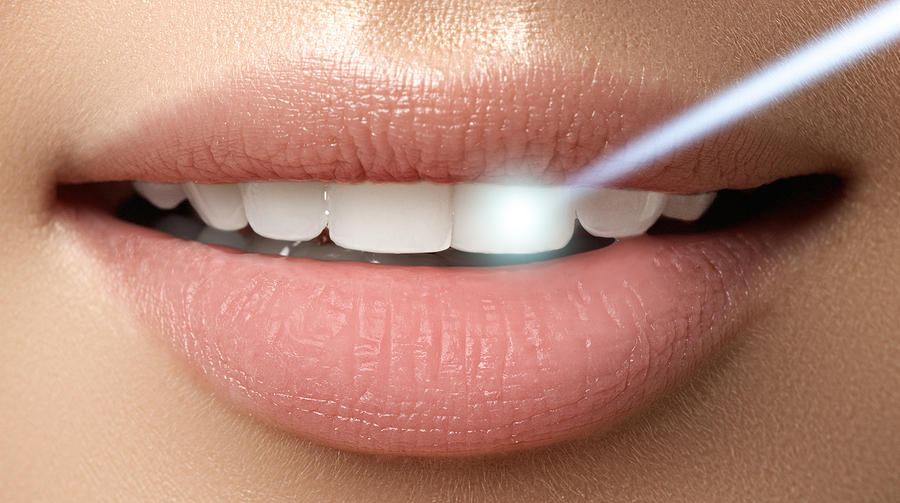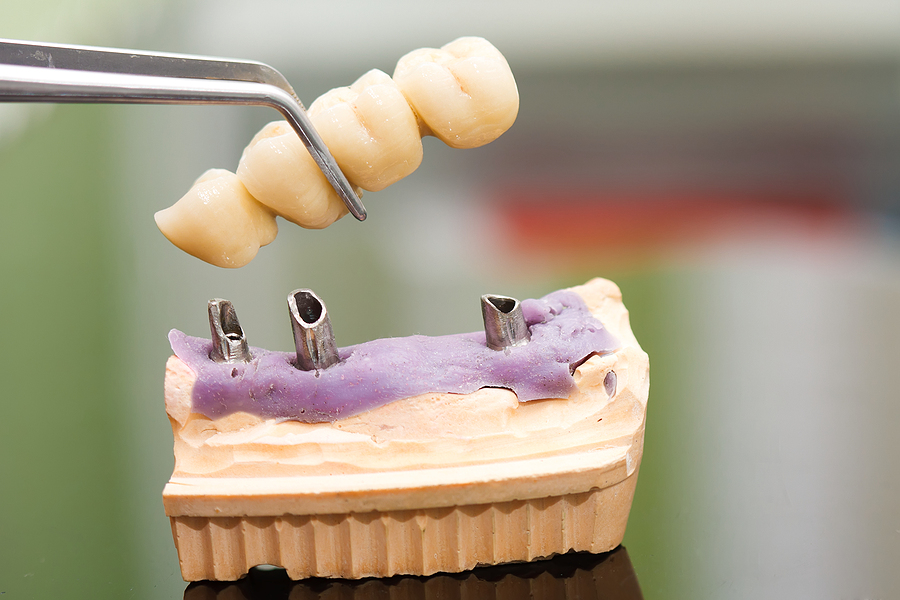Posted by Parke Rogers Dentistry on Dec 13 2017, 09:08 AM
Patients commonly experience tooth sensitivity to certain foods and, especially, to hot and cold temperatures. Breathing in cold air, enjoying a scoop of ice cream, or sipping a cup of hot cocoa can all be painful events for an individual with sensitive teeth. When tubules located within the dentin of your teeth become exposed, they also expose your nerve roots to temperature changes, foods, and drinks. This type of tooth sensitivity occurs for several different reasons including worn enamel, receding gums, cracked fillings, and even tooth decay. The good news is that sensitivity can be effectively treated. If you have trouble with sensitive teeth, consider the following tips to prevent and manage your symptoms.
The major factor in tooth sensitivity is enamel care. Brushing gently with a fluoride toothpaste, avoiding harmful foods, and taking steps to safeguard your teeth from nighttime grinding will help you prevent and manage tooth sensitivity throughout your life. If symptoms persist, visit our dentist for a further diagnosis and more specific treatment plan which will allow you once again to enjoy your favorite hot and cold foods and drinks in no time. Contact us today to discuss your sensitive teeth.

The Comprehensive Health Benefits of Investing in Cosmetic Dentistry

The Impact of Dental Implants on Jawbone Health & Facial Structure

Enhancing Your Smile with Cosmetic Dentistry in The Woodlands 77380

Achieve a Brighter Smile with Professional Teeth Whitening (Bleaching)

The Comprehensive Guide to Implant Dentures: A Durable Solution for Missing Teeth
MON 7:30 am - 4:30 pm
TUE 7:30 am - 2:30 pm
WED - THU 7:30 am - 4:30 pm
FRI 7:30 am - 2:30 pm
SAT - SUN Closed